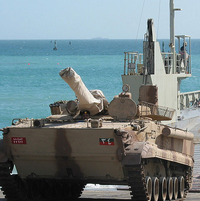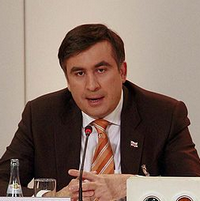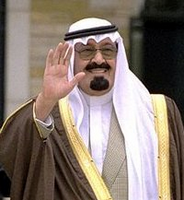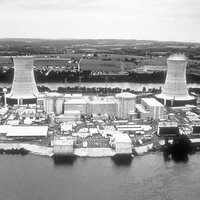
In a region rife with seemingly unsolvable conflicts, one budding relationship is demonstrating that not all hope is lost in the Middle East: Once implacable enemies, Turkey and the autonomous Kurdish Regional Government in northern Iraq are forging ever-closer political and economic ties, independent of the Iraqi central government in Baghdad. The Turkish-Iraqi Kurdish relationship is blossoming despite the failure of Prime Minister Recep Tayyip Erdogan’s “Kurdish initiative,” an effort to mend relations with Turkey’s domestic Kurdish minority, who account for some 20 percent of the Turkish population. The world’s largest ethnic group without an independent state of its own, […]







